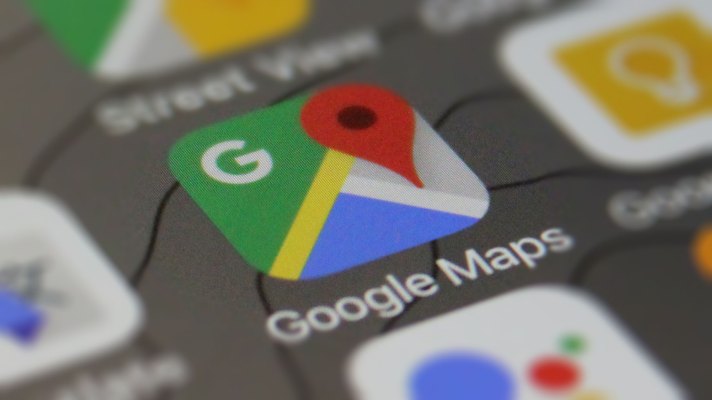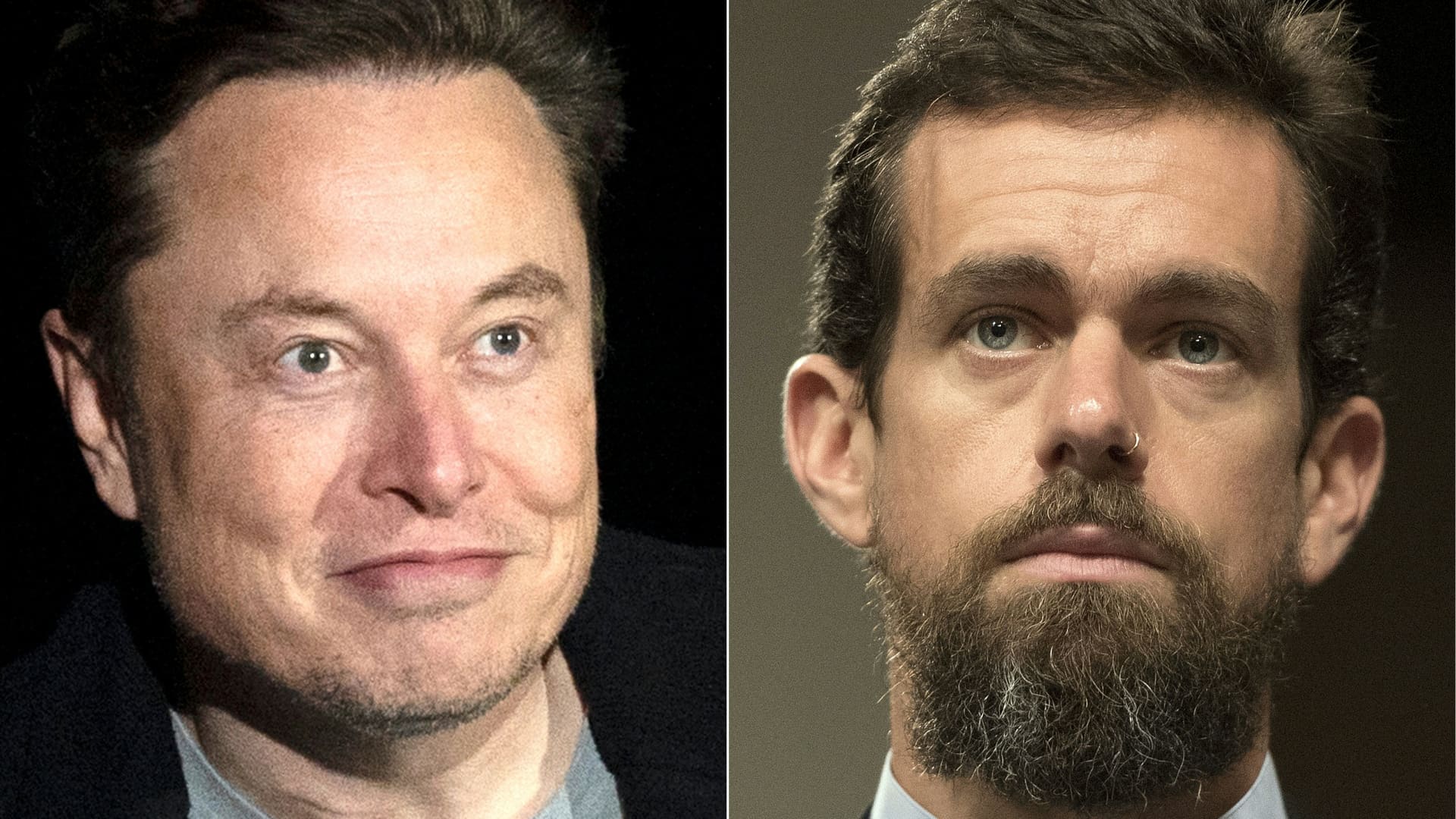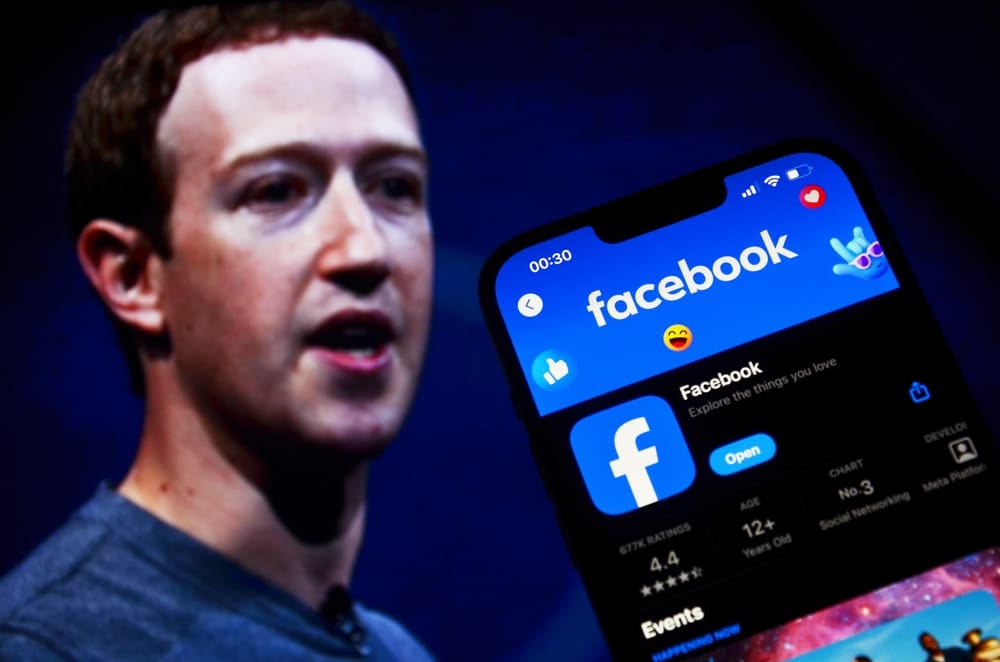Anyone can be Spider-Man. At least, that was the idea when Miles Morales first hit the scene in 2011 as the successor to the Ultimate universe’s Peter Parker. An Afro-Latino teenager taking up the mantle of Marvel’s most beloved and well-known hero, even if it was in an alternate universe, was a game-changer. The possibilities for the character, the topics that could be tackled, and the creators who could put their stamp on the character seemed endless. We’ve seen some of those possibilities reflected through the Oscar-winning animated film, Spider-Man: Into the Spider-Verse, and a stellar PlayStation game, Spider-Man: Miles Morales. Anyone can be Spider-Man. But the recent blowback from the comic issue What If…Miles Morales Became Thor? begs another question: can anyone write Spider-Man?
If you’re Black, the answer to that has been a rather telling “no.” In the 11 years Miles Morales has been swinging, he’s never had a Black or Afro-Latino writer on his solo title. That’s a problem and it’s a problem that has created issues with the character from the very beginning. Writer Brian Michael Bendis and artist Sara Pichelli created Miles with the best of intentions, of that I have no doubt. Bendis, who wrote the central Miles Morales title from 2011 to 2018 shaped the character’s mythology, his supporting cast, and continued to make him a central figure after Miles was brought from the Ultimate universe into the mainline 616, the universe in which most Marvel stories take place. By all accounts Bendis, who identifies as Jewish, is someone who cares deeply about representation in comics and is an essential voice in the modern age of comics. Yet, as a white man, there are inherent limitations in his approach to Miles Morales, ones that the character hasn’t quite been able to shake.
The first limitation comes down to naming. Miles carries his mother’s surname Morales, highlighting his Puerto Rican heritage and freeing him of the burden of his father’s, Jefferson Davis, criminal past. I don’t know if Bendis intentionally named Miles’ father after the President of the Confederate States, Jefferson Davis, as a means to reclaim the name so that the Southerner isn’t the first person to come to mind. But I do think, as Black fans of the character have pointed out over the years, that a Black creator would have chosen a different one as it ties the character to the shackles of America’s racist history, rather than frees him from it. The second limitation is making Jefferson a police officer, which even before the Black Lives Matter Movement and Defund the Police conversations that have driven so much discourse about race in this new decade, would likely not have happened with a Black creator, one who would naturally already be aware of the tumultuous relationship between cops and Blacks and Latinos.
Miles’ identity shaped by his father’s given backstory has left the young hero tied to America’s history of slavery and policing. As a result, Miles has often fallen into the trope of the stoic Black male – good, serious, and even-tempered. While the idea of a Black Spider-Man is rebellious in nature, his characterization isn’t, and his actions as Spider-Man do little to disturb the status quo. His romantic relationships have also been limited until recently, particularly compared to Peter Parker’s early days. The character did begin his career as Spider-Man earlier than Parker, in both universes, but there’s still something about his personality that aimed at making him seem non-threatening, a fearful hesitancy in making him anything other than a young paragon, particularly following the murder of Trayvon Martin mere months after Miles Morales’ debut. While Bendis’ successor, Saladin Ahmed, who identifies as Muslim and put his stamp on Ms. Marvel, has given Miles a bigger personality, romantic relationships, and an interest in style and current events like ICE’s abuse of power, there’s still something that feels overly cautious and calculated, aware of limitations that weren’t present in writing Kamala Khan in The Magnificent Ms. Marvel.
Both Into the Spider-Verse and the video game Spider-Man: Miles Morales were populated by black creative teams. Peter Ramsey co-directed Into the Spider-Verse, and Spider-Man: Miles Morales featured the work of writer Evan Narcisse and lead animator, James Ham. And that’s not to mention the hundreds of other Black, Latino, and Afro-Latino crew members on both projects who gave Miles and his world a sense of authenticity that can simply be felt, whether its hairstyling or the way in which the characters navigate Brooklyn. And in both projects, Miles feels like a fully fleshed out human being, authentic rather than a representative who feels just shy of being called “a credit to your race.” In the PlayStation game specifically, Miles doesn’t just attempt to fill in for Peter Parker, he takes on gentrification, and the abuses of white power that happen at a corporate level and are masked by claims of greatness that feel deliberately Trumpian.
The progress of Miles’ other media depictions are ones I hoped to see implemented in Miles Morales comic book appearances, a versatility in his personality, in his ability to tackle things Parker wasn’t even aware of, and a versatility in his powers, which in the comics have too long relied on the Venom-Blast power as a one and done move that have made his battles mostly boring. But so far, Marvel Comics hasn’t learned from those lessons. All the while The Amazing Spider-Man has remained Marvel’s superstar book with some of the top writers and artists in the business delivering Peter Parker’s story bi-monthly and utilizing all of the best Spider-Man villains. Too often it feels that Miles is treated to Peter Parker’s leftovers since he entered the 616 universe, sharing the title of Spider-Man but getting half the attention. Of course, that changed a couple weeks ago, though not in the way anyone wanted.
What If…Miles Morales Became Thor?, written by Yehudi Mercado with art by Paco Medina and Luigi Zagaria is part of a miniseries featuring alternate scenarios for Morales’ legacy heroism. The issue rightfully came under fire for the stereotypical language featured in this issue, which has its roots in racism, prejudice, and the idea of Blackness as monolithic. The narration is written in rhyme, meant to evoke rap lyrics. “Of all the five realms, Asgard is his hood. For Miles you can see he’s just that good.” And Miles himself quips dated rap lyrics and album titles, “hammer time,” “all eyes on me,” and corny lines like “time to spin these hits,” “now that was a banger,” and “right up to your face and diss you,” which I’m fairly certain that no Black person has ever said even when elements of the slang were popular.
The art doesn’t paint a better picture, and features shoes dangling from telephone lines, a graffiti tagged Mjolnir, and Odin wearing Timbs. As several accounts on Twitter pointed out, the issue feels all too close to the late Dwayne McDuffie’s satirical pitch of non-Black comic writers’ approach to Black characters, Teenage Negro Ninja Thrashers. The end result of Miles Morales depiction in the issue is Blackness as a pastiche of elements viewed through a white lens and a reminder that even as superheroes we are identified not as individuals but a collation of appropriated concepts placed within a contextless vacuum.
Mercado, who identifies as Mexican and Jewish, apologized for the racial stereotypes with a promise to do better and pledged the donation of his payment for the issue to the Brooklyn Book Bodega. Mercado rightfully took responsibility for his writing, and while it doesn’t erase what was published, it’s worth being aware of the fact that he has surely faced his own struggles as a minority in a white dominated industry. The larger issue raised by the What If…? story and the depiction of Miles Morales doesn’t simply fall on Mercado, just as it doesn’t fall on Ahmed or Bendis’ more positively received work. The issue with the What If…? story is that it never should have made it past editorial in the first place. The issue with the comic is the culture of Marvel Comics, whose hiring practices in terms of artists and writers don’t match the commitment to inclusivity in the pages of their books.
The company has notably hired what are essentially celebrity writers like Ta-Nehisi Coates, John Ridley, Roxane Gay, Geoffrey Thorne and Reginald Hudlin, who got their start outside of comics. Ridley is the only one who currently has an ongoing book, Black Panther, at the moment. But most of the Black talent Marvel hires is for their Marvel Voices issues, tied to Black History Month and similar timed events. Writers David F. Walker and Rodney Barnes have largely directed their efforts to creator-owned projects, though the latter is currently adapting the first season of The Mandalorian to comic book form. But in terms of Black creatives who don’t come from another background like film and television, or journalism, and are consistently visible at Marvel, there are very few. Vita Ayala who identifies as Afro-Latino and non-binary and is currently writing The New Mutants is one of the most notable contemporary names, and also writes for DC, Image, Valiant, and IDW, among others.
Just as it makes a difference who gets to tell whose stories in the film and television landscape, it’s equally important in comics. This isn’t to say that only Black or Afro-Latino creators should tackle characters who share their racial identity, but given how many of them are fighting their way to get into the industry, on their own talent, and how many characters are now populating the Marvel Universe, it feels as though the comic book landscape is in need of some drastic changes behind the scenes.
After all, how can these modern myths reflect our contemporary world if the people telling these stories are limited by a corporate clubhouse mentality that has made little progress over the decades? Rather than solely place the blame at Mercado’s feet, the recent controversy feels like a signal for Marvel to further expand its talent pool, and let creators who fully understand why these characters matter so much to their own representation take the lead. Marvel Comics not only has the power to do so, but the responsibility.
The article has also been updated to note that Brian Michael Bendis identifies as Jewish and Saladin Ahmed identifies as Muslim.


























































